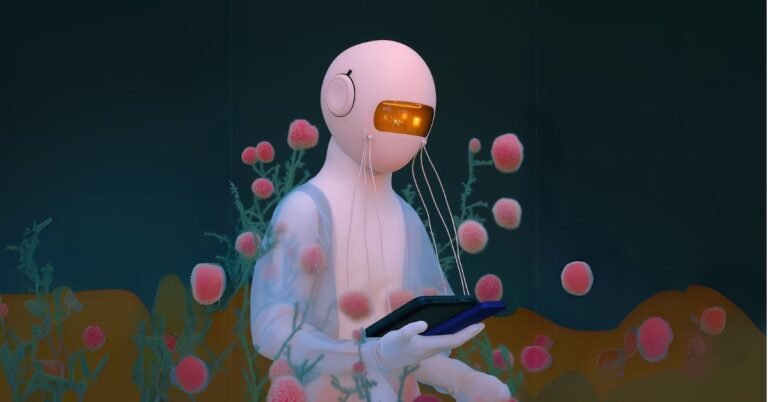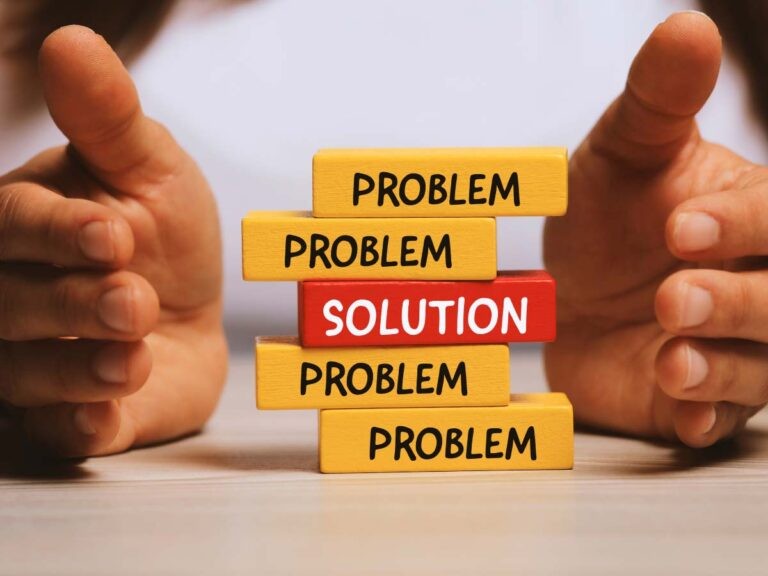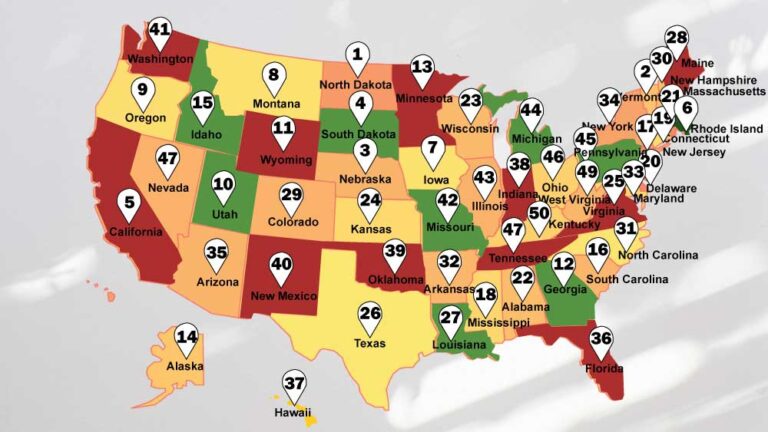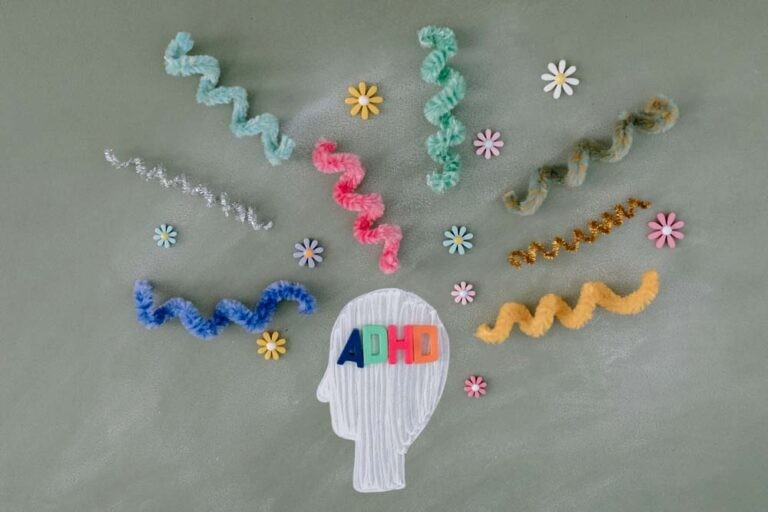The amygdala is a part of our brain that remembers all the bad things that have happened to us. For example, if we fall off a bicycle or are almost run over by a car, it is the amygdala that stores these negative memories, bringing them up in an effort to prevent future harm. Additionally, when we see negative news on TV or hear about them in our daily lives, it is the amygdala that stores this negatively framed information, once again trying to avoid future possible similar situations.
Amygdala & Negativity Bias
In this way, the amygdala is responsible for a negativity bias, with studies confirming that we are twice as concerned with avoiding general negativity compared to creating similar positivity. For example, one study suggests that we are, on average, twice as likely to be sad when we lose a dollar compared to the joy we get from finding one dollar on the street.
In some people, the amygdala can be so strong that it completely takes over the rational part of their mind, making them almost exclusively focus on the negativity in their lives, repeatedly replaying past traumas or focusing excessively on future anxieties.
Amygdala & Its Effect on Happiness
It is not surprising that some people blame their amygdala as the primary reason for their unhappiness, stating that it is the primary reason why they cannot find long-lasting happiness. Yet, then, there are people like me who, despite having a healthy brain, are not affected by this negativity bias. Indeed, if you are a regular reader of my blog, then you know that I am an extremely positive person.
Some jokers may even suggest that I don’t have an amygdala and this is why I am so happy. To these people, I will reply that my brain is rather normal; it is average. It isn’t necessarily healthier or unhealthier than that of other people. This means that I have and use an amygdala as much as any other person.

Why We Should Stop Amygdala For Our Unhappiness
So, the next question becomes, why am I not affected by the negativity bias as much as everyone else?
In my experience, this is because many people:
- Don’t understand how their brains work at their peak capacity, especially in relation to their happiness.
- We tend to incorrectly assign guilt for our unhappiness to things like the amygdala.
Yes, amygdala is only one of a hundred different ways people justify their unhappiness, blaming their negativity on something external to them, never fully taking responsibility for their emotions. In other words, often people are unhappy and don’t know how to feel happy again, so they find reasons to justify their unhappiness.
Finding Long Lasting Happiness Despite Amygdala
Are you ready to take the next step towards a healthier and happier life? Then join Optimal Happiness: Prosperity Program today and discover how you can reach your utmost potential. With our program, you can finally find a permanent fix to your negative emotions and become 10x happier. Don’t wait any longer and click here to learn more about how to find your ultimate bliss today and forever.















